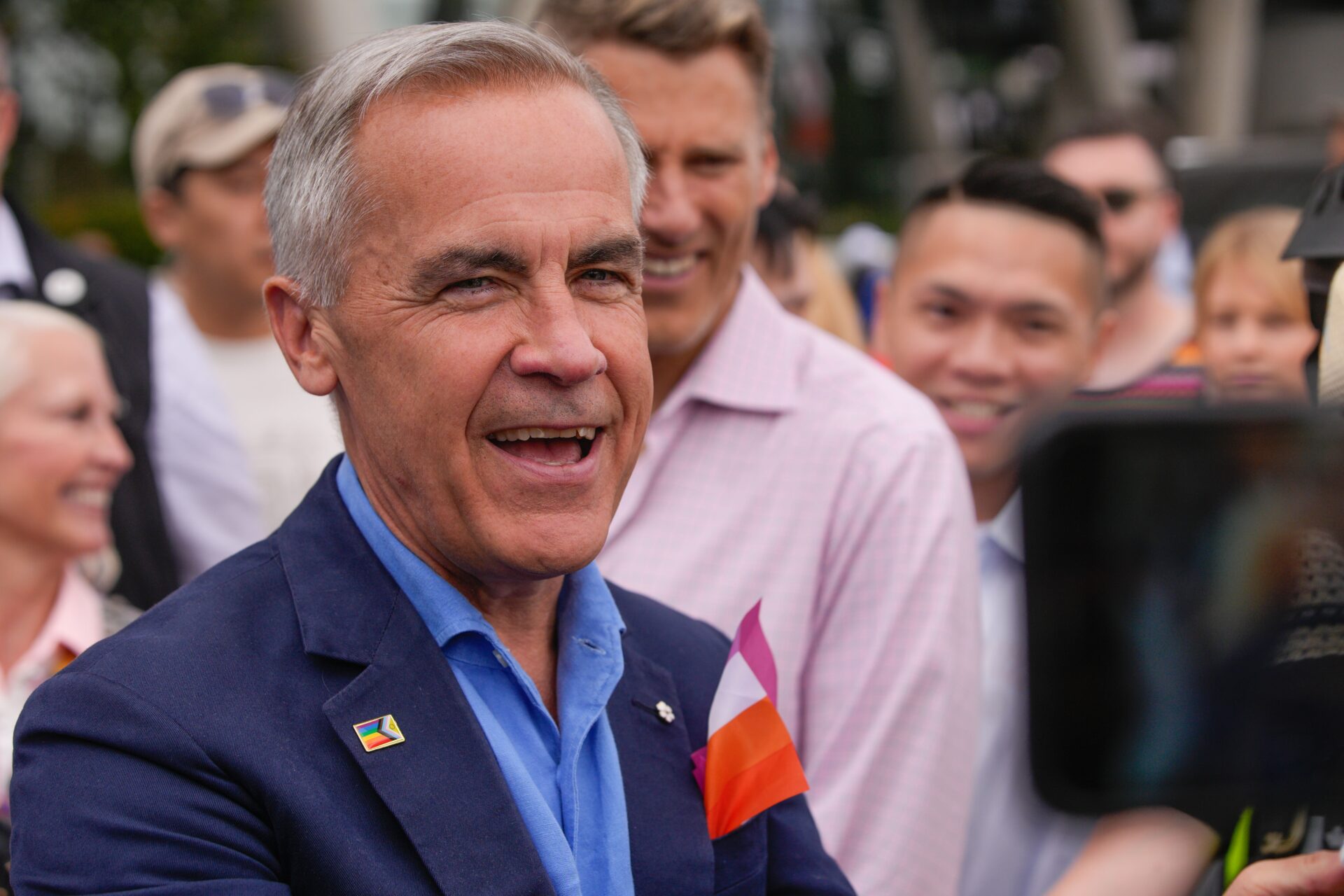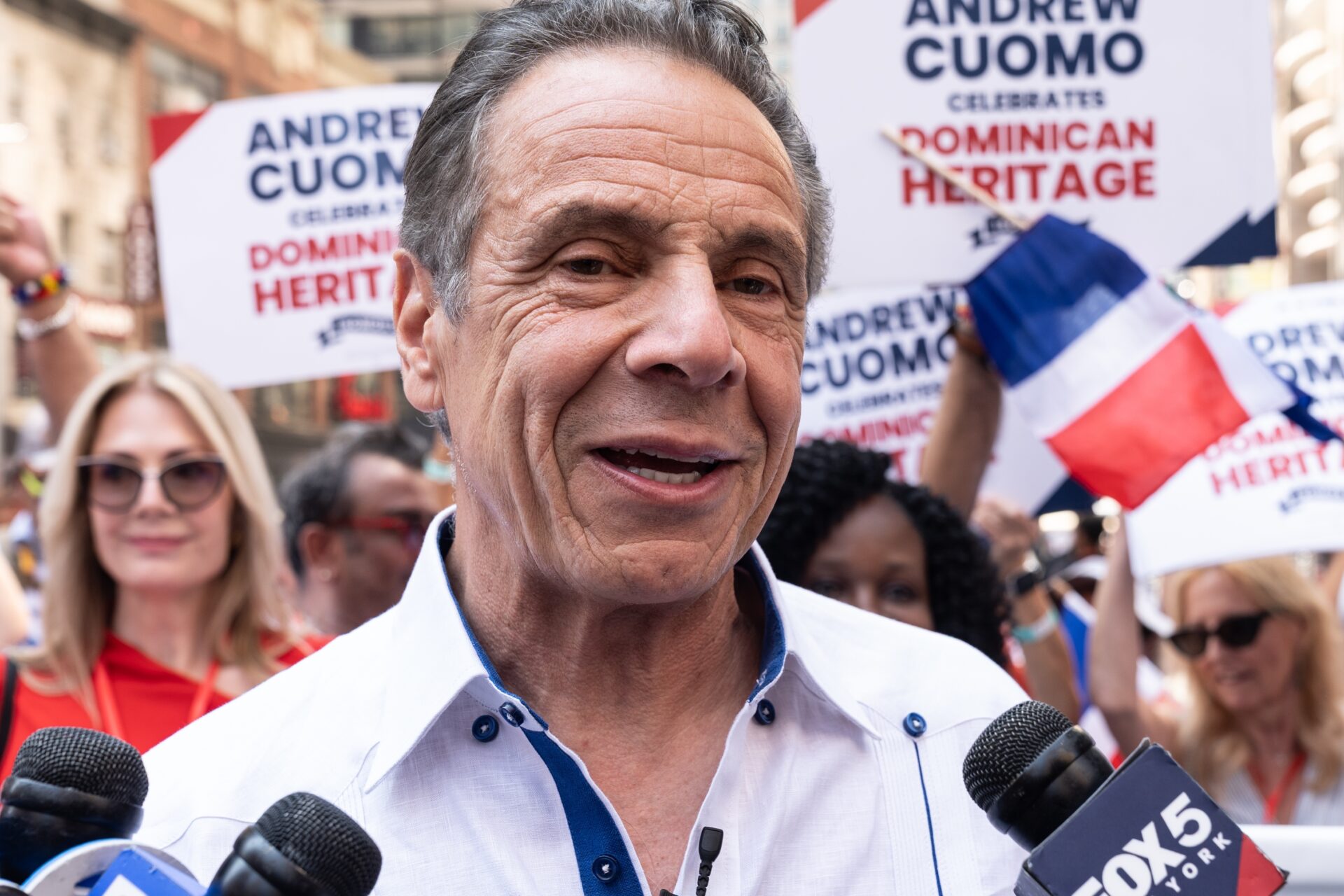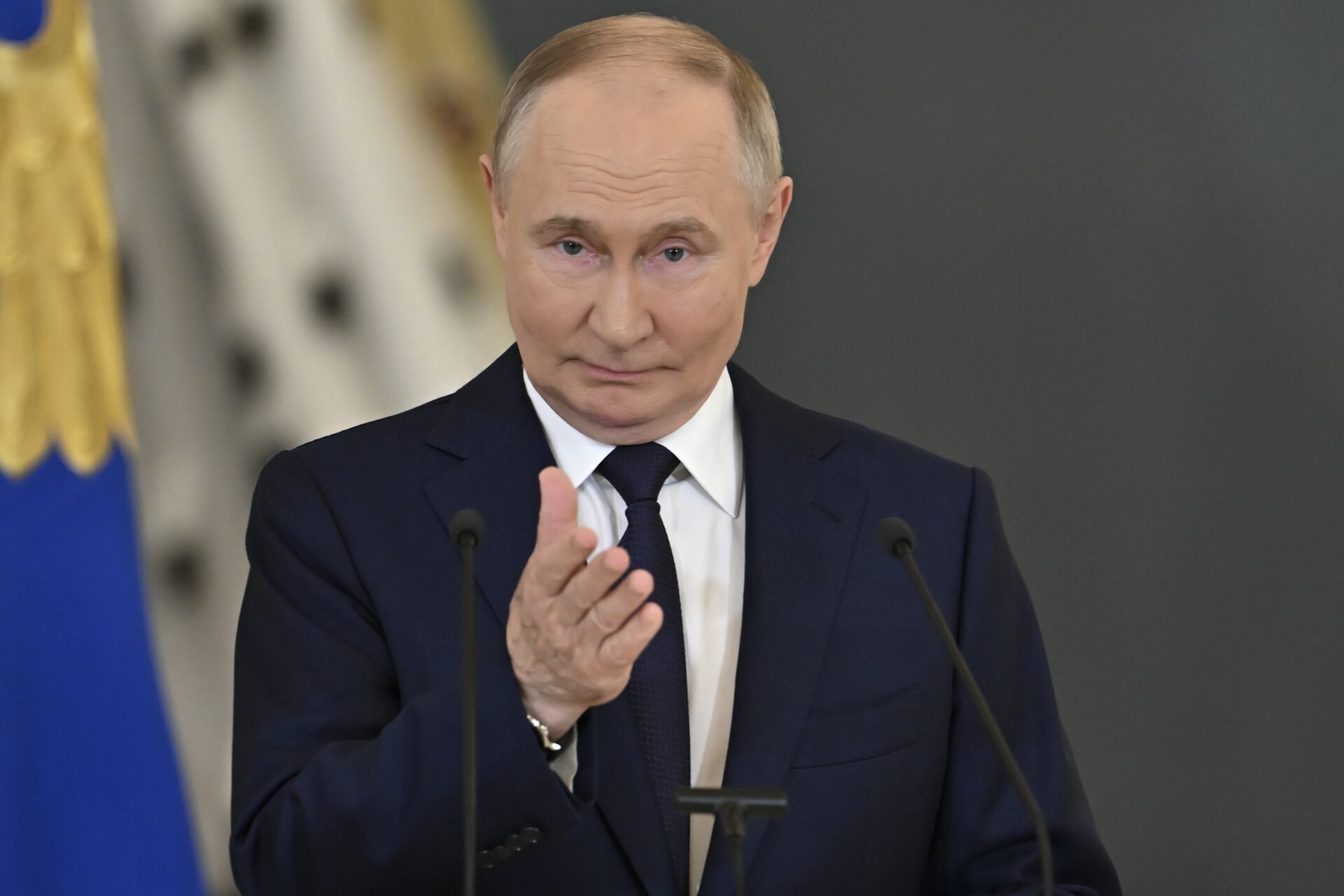
ICE Failed? Murder Sparks National OUTRAGE!
A gruesome murder in Dallas has reignited national debate over immigration policy and deportation enforcement.
At a Glance
- An Indian-origin motel manager was beheaded in Dallas on September 10.
- The suspect, a Cuban national with a violent criminal record, was under ICE supervision.
- Cuba had refused to accept his deportation, complicating U.S. enforcement efforts.
- President Trump pledged a crackdown on illegal immigrant criminals.
- The case has sparked diplomatic and policy discussions on deportation loopholes.
Murder Exposes Deportation Failures
The brutal killing of 37-year-old Chandra Mouli “Bob” Nagamallaiah at a Dallas motel has cast a harsh spotlight on gaps in America’s immigration enforcement system. The alleged assailant, 42-year-old Yordanis Cobos-Martinez, a Cuban national, had a known history of violent and sexual offenses but remained in the United States due to Cuba’s refusal to repatriate him.
Despite convictions for child sexual abuse, grand theft auto, and false imprisonment, Cobos-Martinez was released under an order of supervision. That legal mechanism allows non-citizens to remain in the U.S. when deportation is not feasible, typically due to diplomatic impasses. Nagamallaiah’s wife and teenage son reportedly witnessed the attack, intensifying public outrage over how such individuals are monitored and managed.
Watch now: Trump Says “Time for Being Soft Is Over” After Indian Man Beheaded in Dallas | Firstpost America
Trump Reacts with Tough Rhetoric
President Donald Trump responded forcefully, vowing “the fullest extent of the law” would be applied in the case. Calling the murder “terrible,” he emphasized that leniency towards undocumented immigrants with criminal records is no longer an option under his administration. The response aligns with his broader campaign themes focused on law and order and immigration control.
Trump aides have confirmed that the Department of Homeland Security and the Department of Justice are coordinating closely on the case. While it remains unclear whether any legal reforms will be announced imminently, Trump’s remarks indicate that this case may be used to push for legislation limiting the release of high-risk individuals under ICE supervision.
Diplomatic and Political Fallout
The case underscores the difficulty the U.S. faces in deporting individuals to nations that do not cooperate. Cuba, in particular, has been resistant to accepting criminal deportees—leaving ICE with few options besides supervised release. This impasse has exposed a critical flaw in current immigration protocols, one that can have violent consequences when dangerous individuals slip through.
Within the Indian-American community, the incident has sparked both grief and fear. Community leaders are calling for increased security measures and a reassessment of ICE’s monitoring systems. The Indian Consulate in Houston has offered consular support to Nagamallaiah’s family and is in contact with local authorities.
Calls for systemic reform are growing louder, especially around the conditions and duration of supervised release programs. Lawmakers from both parties have acknowledged the need for a policy framework that balances civil liberties with public safety, particularly when deportation is diplomatically unviable.


